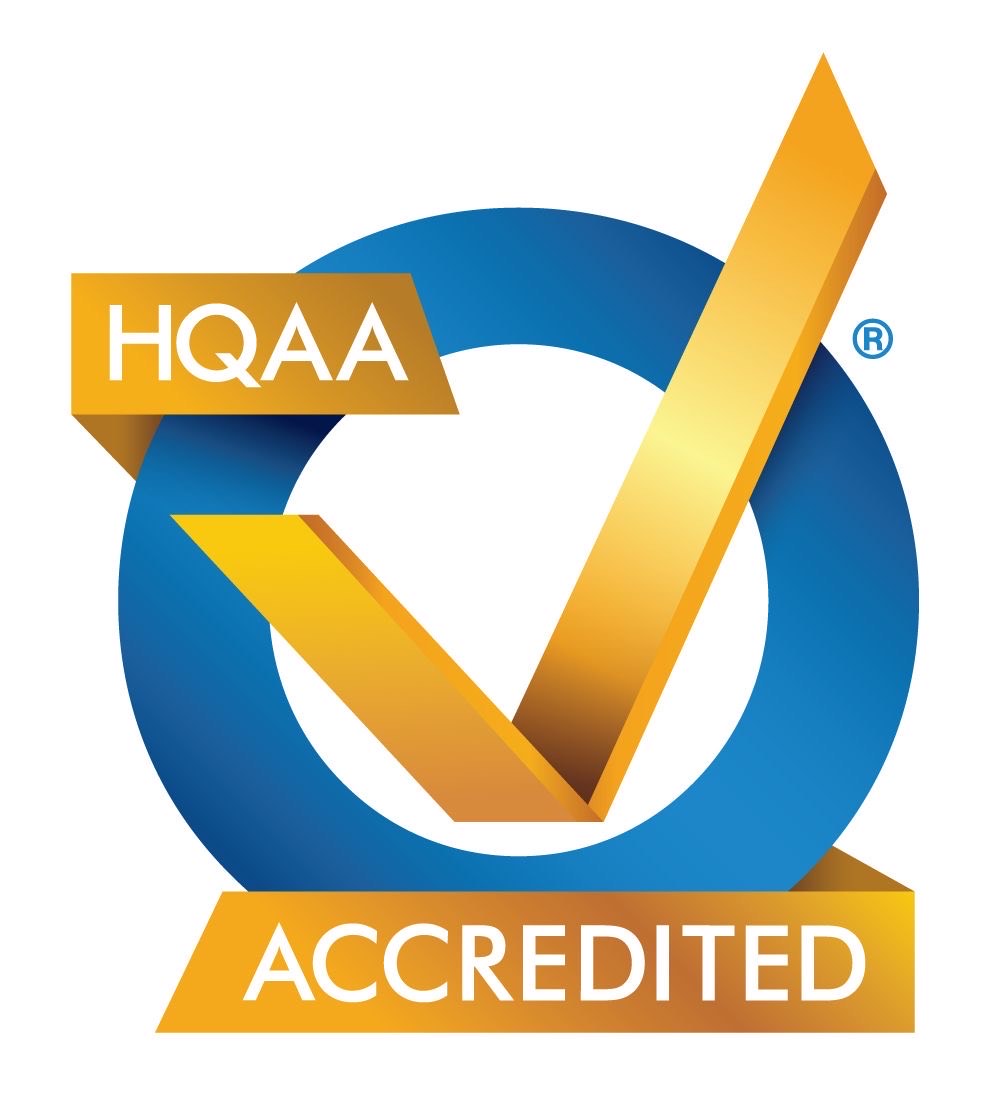Care Home Essentials: A Comprehensive Guide to Incontinence & Toileting
Introduction: In a care home environment, providing exceptional care is paramount, and this includes addressing the unique needs of residents, especially those dealing with incontinence and toileting challenges. Incontinence is a common concern among elderly individuals, and care homes play a crucial role in maintaining their dignity, comfort, and overall well-being. In this comprehensive guide, we'll delve into the world of care home essentials, focusing on incontinence and toileting, and discuss strategies to ensure the highest level of care for residents.
Understanding Incontinence: Incontinence is a condition that affects a significant portion of the elderly population, leading to an inability to control bladder or bowel functions. It can have a profound impact on an individual's self-esteem and quality of life. In a care home setting, it's vital to understand the different types of incontinence, including stress, urge, overflow, and functional incontinence. Tailoring care approaches based on the specific type of incontinence ensures personalized and effective assistance.
Promoting Dignity and Comfort: Maintaining the dignity of residents dealing with incontinence is of utmost importance. A compassionate and respectful approach is essential to foster a sense of dignity and self-worth. Caregivers should engage in open conversations with residents about their needs, preferences, and any concerns they might have. Additionally, providing a range of suitable incontinence products, such as absorbent pads, adult diapers, and waterproof bedding, helps residents feel comfortable and secure.
Creating a Supportive Environment: Designing a care home environment that caters to the needs of residents with incontinence is a crucial aspect of providing exceptional care. This includes ensuring easy accessibility to bathrooms, strategically placing grab bars and handrails for support, and maintaining proper lighting for nighttime visits. The physical layout of the care home should promote safety and independence while addressing the challenges posed by incontinence.
Implementing Effective Toileting Schedules: Establishing regular toileting schedules for residents can significantly reduce the incidence of accidents and improve their quality of life. Caregivers should work closely with medical professionals to develop personalized toileting routines based on each resident's needs and preferences. Consistency in these schedules not only minimizes discomfort but also helps prevent complications associated with prolonged exposure to moisture.
Hygiene and Skin Care: Proper hygiene and skin care are essential components of managing incontinence. Caregivers should use gentle cleansing techniques and mild, pH-balanced cleansers to prevent skin irritation. Thoroughly drying the skin and applying barrier creams can create a protective barrier, reducing the risk of skin breakdown and infections. Regular monitoring of skin health is vital, and any signs of redness or discomfort should be promptly addressed.
Nutrition and Hydration: Maintaining good nutrition and hydration levels is crucial for overall health and can indirectly impact incontinence management. Care homes should provide residents with a balanced diet rich in fiber to promote regular bowel movements and prevent constipation. Adequate hydration is equally important, as it helps maintain urinary tract health and reduces the concentration of irritants in urine.
Training and Education: To provide the best care possible, caregivers and staff members should undergo comprehensive training on incontinence management. Training sessions can cover topics such as proper techniques for assisting residents, effective communication, maintaining resident dignity, and understanding the psychological impact of incontinence. Continuous education ensures that the care team remains updated with the latest approaches and best practices.
Supporting Psychological Well-being: Living with incontinence can lead to feelings of embarrassment, anxiety, and depression. Caregivers play a pivotal role in supporting the psychological well-being of residents. Encouraging open dialogue, active listening, and empathy can help residents feel understood and valued. Additionally, organizing support groups or counseling sessions can provide residents with a safe space to share their experiences and learn from others.
Collaboration with Healthcare Professionals: Effective management of incontinence requires a multidisciplinary approach. Care homes should collaborate closely with healthcare professionals, including doctors, nurses, and specialists, to develop individualized care plans. Regular medical assessments can help identify any underlying medical conditions contributing to incontinence and guide appropriate interventions.
Conclusion: Incontinence and toileting challenges are significant aspects of care home management, requiring a holistic and empathetic approach. By understanding the diverse needs of residents, promoting dignity, and implementing effective strategies, care homes can provide a safe, comfortable, and supportive environment for those dealing with incontinence. Through continuous education, collaboration with healthcare experts, and unwavering compassion, care homes can truly redefine the quality of life for their residents.



